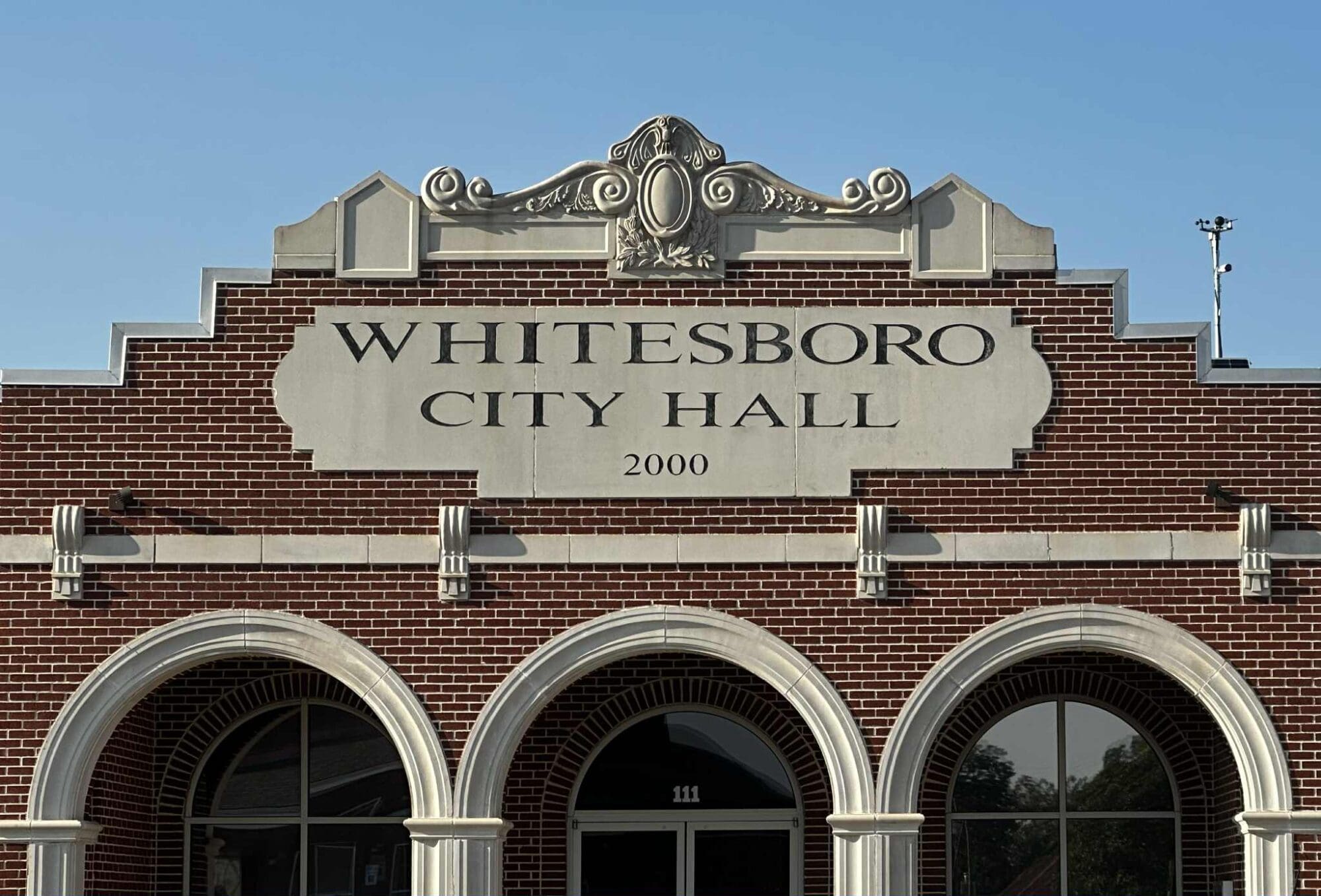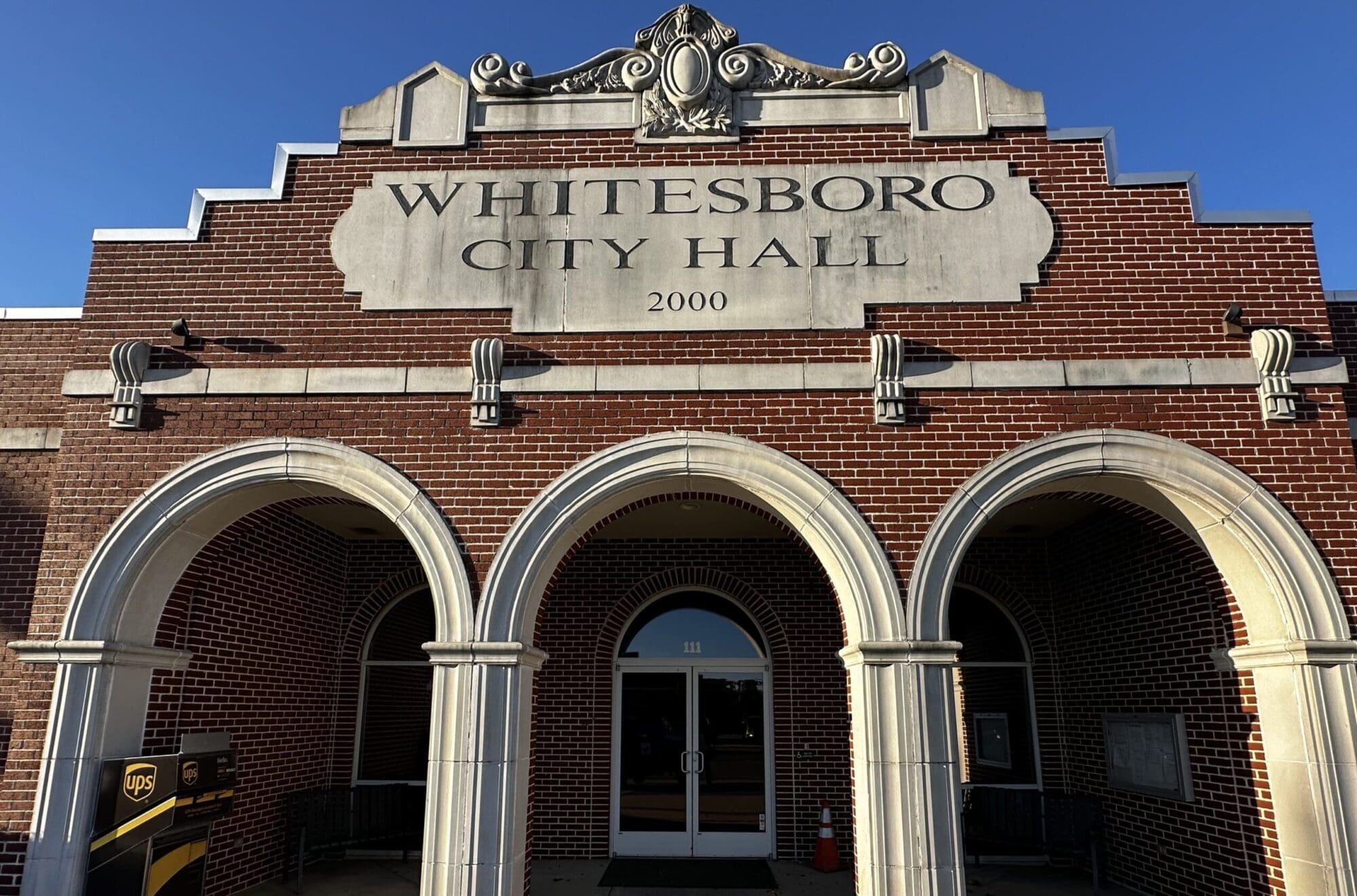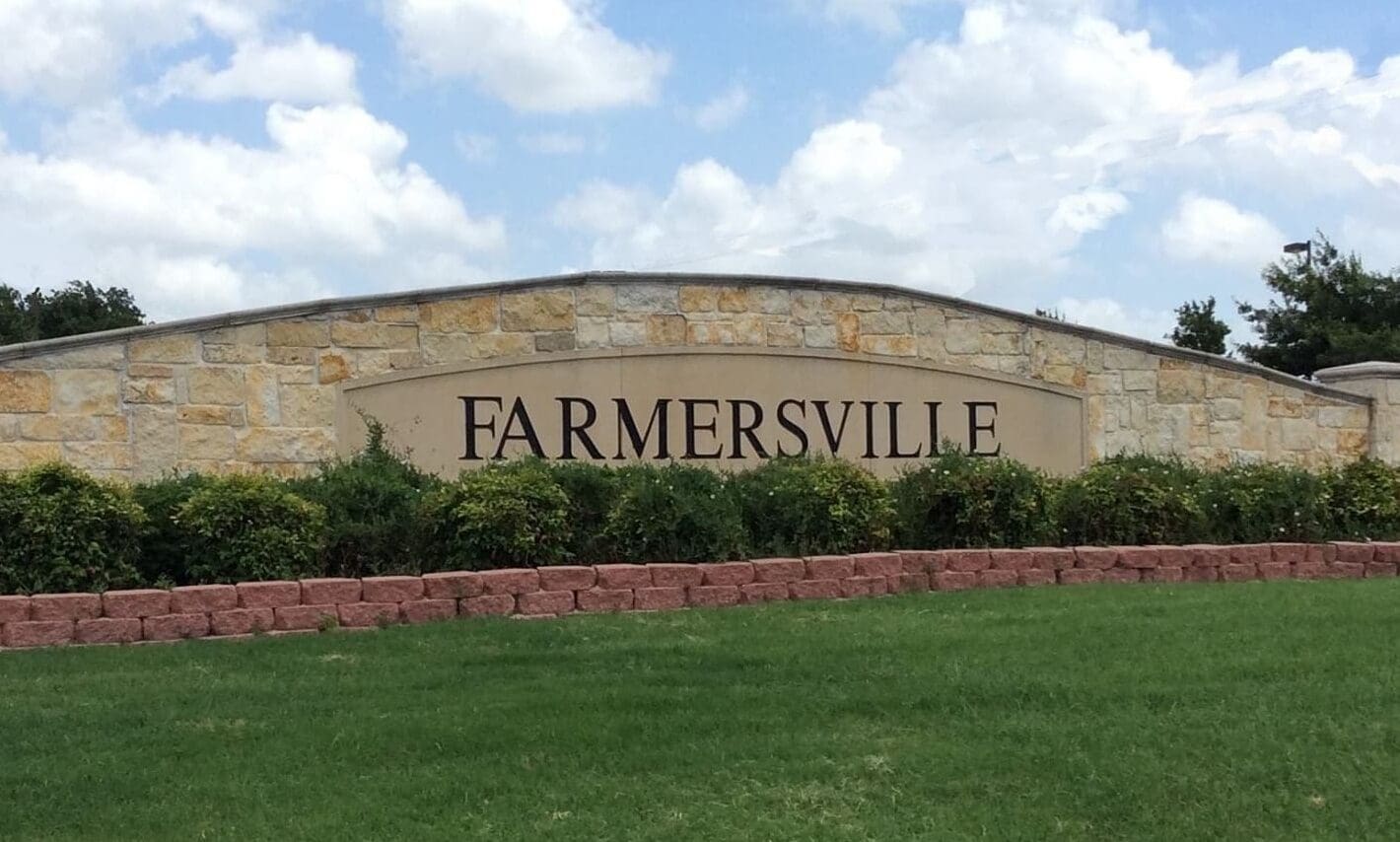For as poorly as the all-Democrat Austin City Council has performed in the past decade, one heartening sign was the strength of candidate filings for this November’s election. In contrast to the 2018 cycle, every incumbent faces credible opposition, and in several cases, solid conservative challengers have at least a plausible path forward.
Then there’s District 10.
The district, which runs roughly along the 183/360/MoPac corridors, was represented by a moderate Republican as recently as 2016. That incumbent, Sherri Gallo, was ousted mostly due to a hyperlocal land development case. While the district is not hardcore conservative, neither are they fans of the lunacy at city hall.
Into this void stepped both Robert Thomas and Jennifer Virden.
Thomas, a business consultant who has served on a variety of state boards, ran for this seat in 2014. Prior to that, he ran for state representative in Central Texas-area House District 48 (represented by Democrat Donna Howard) in 2012. He’s well known and well regarded in the community.
Jennifer Virden is a native Austinite. She’s worked in various positions in the real estate industry and, similar to Thomas, is held in high regard by those who know her.
In terms of issues, both:
- Support reinstating the homeless camping ban. (Last year, the council allowed homeless individuals to camp in nearly all public spaces across the city, and it caused a wildfire of public backlash.)
- Oppose council’s recent police defunding actions (they cut $150 million—one-third—from the local police budget).
- Oppose the $7 billion to $20 billion light rail boondoggle (if approved in November, it could raise already suffocating property taxes by another 25 percent).
- Support returning city spending and taxes to sane and rational levels (the council spends roughly double per capita than cities such as Dallas or Houston).
While there might be some daylight between the two on land development issues, there isn’t much on anything major. Either one would be lightyears better than incumbent Alison Alter, who has supported all of the aforementioned bad policies—ranging from the insane tax hikes to police defunding to the homeless camping debacle to the transit boondoggle.
The question, unfortunately, is whether either will get a one-on-one shot against Alter.
Austin City Council elections happen concurrently with the November general election. (Sidenote: This is the one thing Austin does that would be wise to adopt statewide). In the event no candidate receives over 50 percent of the vote, the top two finishers would go to a December runoff.
Given that there are six candidates on the ballot, a runoff is very likely; the question is who’ll be in it.
If there were only one conservative candidate, they’d be virtually guaranteed to qualify.
With two … who knows?
As Austinites in District 10 and across the city seek to remove harmful decision-makers from city hall in November, 30-day campaign finance reports could provide a guide as to whom conservative and pro-citizen voters should rally behind.





